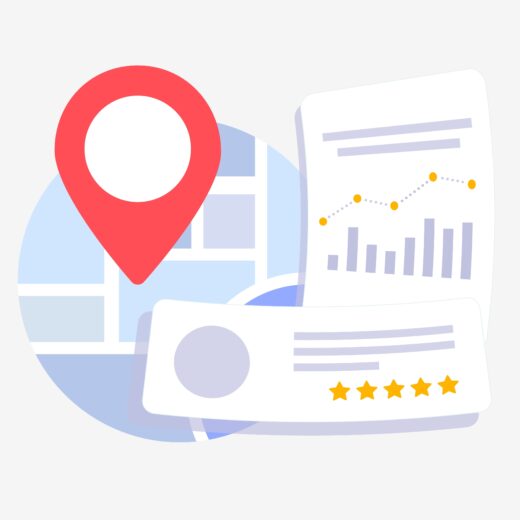Do More Social Media Accounts Mean More Engagement?
McDonald’s have announced that they’ll be launching 14,500 facebook pages by 2015. That’s a facebook page for every 2 restaurants around the world, or more importantly, a facebook page for every area where it has a store. The brand are now focusing on one-to-one engagement after yet another scandal involving its food (this time ‘pink slime’ was the target). As well as posting content, the pages will be used to monitor conversions about their food and track customer discussions.
While the plan is ambitious, it has been done before. Walmart launched 3,500 facebook pages for its local stores in 2011. A later study showed that engagement was lower than it was for other local businesses. So is it worth creating more than one social media account per platform?
Why Have Others Failed?
Walmart’s plans fell flat because most fans preferred to stay with the brand’s main page. Ultimately, they didn’t see the value of joining their local Walmart as the culture, news, and information wouldn’t be much different. A local business has content tailored for their area because of the way the business works – if you do not have unique engaging content for every single account, it’s best to consolidate and focus on a single main account.
McDonald’s explain that they will use the pages for customer service issues as well as monitoring conversation, providing an extension of their service in store rather than simply using the page as a broadcasting platform. Stephen Corsi, SVP of global at Lewis Pulse stated, “Having local Facebook pages for local stores allows them to contain and address any customer-service issues quickly that are a result of actions that happened at a particular store,” he contends. “It may not completely stop something from spreading on Twitter, but it gives them a leg up on addressing it faster.”
What Do You Need to Know?
First, a brand needs a good reason to open multiple profiles. In this instance, McDonalds wants to speak directly to local customers who are worried about the content of their food. Their marketing budget ensures that they will have the necessary staffing levels to manage this effectively, but they are likely to still rely on automation software to push out general brand messages that are duplicated across all of the platforms. Are you doing it because it sounds like a good idea or you need to rethink your strategy, or because you’re responding to a genuine need?
Second, you need unique content for each page. If you have a genuine need for multiple pages this should follow naturally. Occasional cross-posts are fine, but you need to ensure that the content is relevant to each specific audience. As with every social media strategy, a solid content plan ensures that you provide value for your followers.
Finally, you need to be ready for interaction. Local visitors are more likely to have questions or discuss your latest news as it’s far more relevant to them. Ultra-relevant content and local news are excellent ways to improve your engagement and increase the amount of interaction on your page, even if they’re just social shares rather than full conversations.







